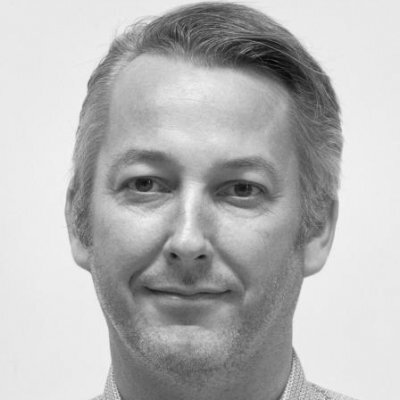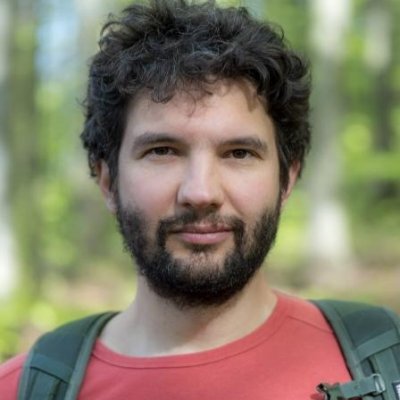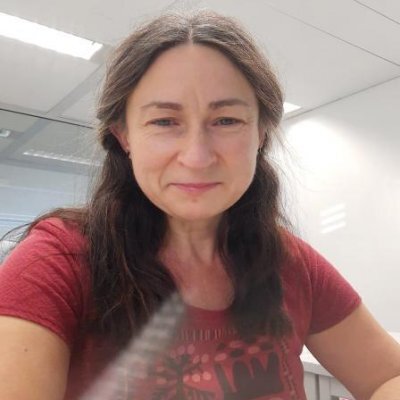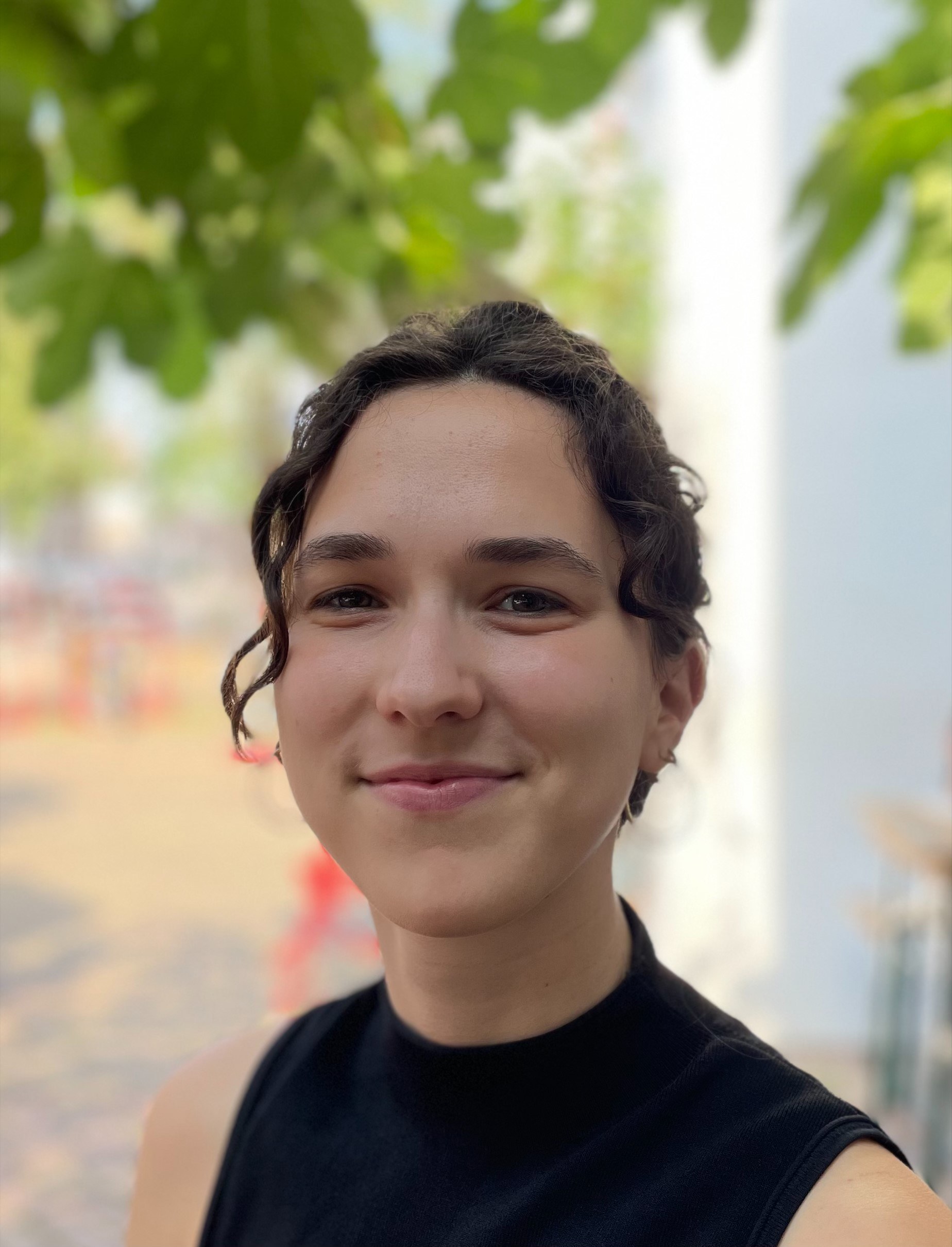Prof. Kris Laukens
Prof. dr. Kris Laukens (FWET-INF) is a professor in biodata mining and bioinformatics. In 2012 he founded BIOMINA, an open consortium that brought together computational researchers, life scientists, and clinicians to tackle biomedical data challenges. He leads a team of over 20 people in the Adrem Data Lab (dept. Computer Science), focusing on the development and application of novel bioinformatics, pattern discovery and machine learning algorithms to elucidate the molecular networks that drive living systems.
His team also supports a wide range of (pre-)clinical research projects with innovative data analysis and interpretation technologies to enable data-driven decision support. He has a long track record of supporting life science labs at UA, UZA, VIB, Vito, and the Institute of Tropical Medicine (ITM) with their analysis and interpretation of small molecule and peptide mass spectrometry, next generation DNA and RNA (including immune repertoire) sequencing, and clinical data.
Prof. Guy Van Camp
Prof. Guy Van Camp (FBD - BMW) is a professor of human molecular genetics at the department of biomedical sciences. He leads the Human Molecular Genetics group within the Centre of Medical Genetics, consisting of about 15 researchers, which is internationally renowned for its work in the field of hereditary hearing loss.
The lab has identified a large number of the responsible genes for monogenic forms and was one of the pioneers to start studying complex forms of hearing loss, such as age-related hearing loss and otosclerosis, with complex genetic techniques. Their research about the deafness gene GSDME (DFNA5) led to an entire new research line in cancer genetics, in close collaboration with the UZA oncology clinic. The team analyses both publicly available and self-generated large (epi)genomic datasets to understand the (epi)genetic architecture of different types of cancer and generate new biomarkers. He is co-inventor of several patents, including recent patents on cancer biomarkers and on an innovative new technology for the detection of biomarkers, for which a valorization trajectory is being developed.
Prof. Hannes Svardal
Prof. Hannes Svardal (FWET - BIO) is a professor of biology at the department of Biology. For his PhD, he modelled fundamental processes in evolutionary biology. During his time a postdoc and research associate at the Gregor Mendel Institute, the Wellcome Sanger Institute, and the University of Cambridge, he transitioned to evolutionary genomics, analysing large wholegenome sequencing datasets of plants, monkeys and fishes.
He now manages a team of 10 funded PhD students and 4 postdocs, who analyze genome sequencing data to uncover the evolution and adaptations of a variety of organisms. In addition to following their own research agenda, the Svardal team brings evolutionary genomics expertise to a variety of projects within the university and plays important roles in large international consortia, such as the European Reference Genome Atlas (ERGA) Consortium, for which Hannes is Belgian representative and leads major genome assembly efforts such as long-read sequencing and chromosome conformation capture (Omni-C).
Dr. Ligia Mateiu
Dr. Ligia Mateiu (FGGW - MEDGEN), appointed as head of bioinformatics research at CMG since September 2020, is a senior bioinformatics scientist with a vast experience in providing bioinformatics support for research groups in a national and international context.
Primarily, she collaborates with all CMG research groups in multiple research projects and grant proposals involving gene transcription, translation, and data integration. She supports the scientists and researchers within CMG in making informed decisions about design and research strategies for RNA-seq experiments. She provides support and supervises the downstream analysis of RNA-seq results including the incorporation of the results in their publications and PhD theses. In addition, she is currently performing various customized analyses of genomic short- and long-reads sequencing data in genomics and epigenomics (DNA methylation profiling, short repeats discovery, structural variants, alternative splicing) at CMG. Because of her strong background in statistical genetics, she can develop or devise bioinformatic solutions for a wide range of research topics in the omics fields, including multi-omics data integration.
Prof. Steven Van Laere
Prof. Steven Van Laere (FGGW - CORE) is a professor in computational cancer biology.
He has long-standing expertise in translational cancer research, applying different computational tools for omics data in search for biomarkers for precision medicine and the elucidation of cancer cell biology. His research primarily focuses on elucidating the molecular profile of inflammatory breast cancer (IBC) at the transcriptomic, epigenomic and genomic level using microarray, next-generation sequencing (NGS) and high-throughput PCR based technologies. Building on his expertise, Steven also contributed to the elaboration of other research lines. An NGS-based platform was established to analyze cell-free DNA and to perform targeted RNA-sequencing of single circulating tumor cells in patients with castration resistant prostate cancer, which resulted in a granted European patent. In addition, Steven was involved in the investigation of liver metastases from patients with colorectal cancer using (single cell) RNA-sequencing, during which he established a validated pipeline for RNA-sequencing based mutation calling.
Eline Turcksin
Eline Turcksin (FWET - INF) is a medical laboratory technician and bioinformatician. Her experience ranges from wet lab procedures (esp. molecular biology) to dry lab analyses (machine learning and data analysis).
She is part of BIOMINA since late 2023, where she since then (co-)organizes BIOMINA events and courses, takes care of the communication within and outside of the network and coordinates the BIOMINA consults. Additionally, she provides assistance within Adrem Data Lab in wet lab procedures (incl. Nanopore sequencing), pipeline development and teaching.






